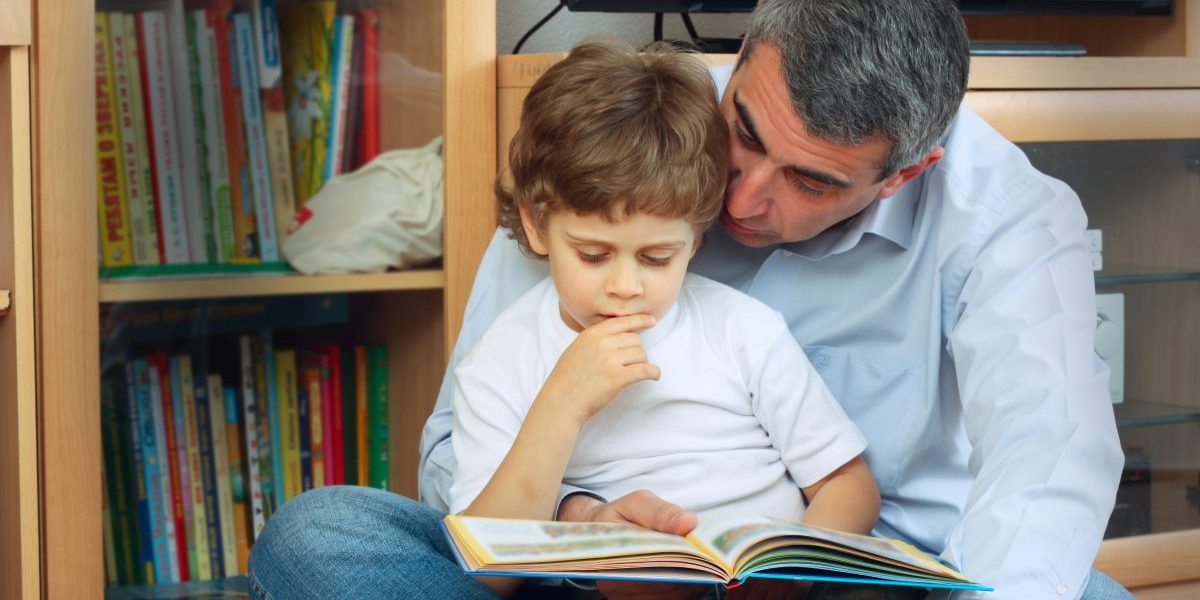How Common Is Homeschooling in Australia?
Homeschooling can be done by parents or by homeschooling tutors. Homeschooling in Australia is growing, there are currently around 20,000 homeschooled students in Australia and the numbers are increasing all the time. Even more telling is the estimation of about another ten thousand students that are homescholed and not registered. One of the factors behind this is registration. This number wouldn’t be so high if it was easier for parents to register. It would also mean that there was more data available to demonstrate how homeschooling students perform.
Effectiveness of Homeschooling
Studies suggest families who take their children out of school due to having a learning and/or developmental difficulty to do homeschooling, are more satisfied with their child’s education than when they were in formal schooling. Many parents view schools as failing their children and believe homeschooling is a suitable alternative.
Studies from the United States show that children who were homeschooled outperformed mainstream students. The figures are similar regarding the effectiveness of homeschooling in Australia through the results of NAPLAN testing. However, the national tests are only taken by a small minority of homeschooling students. So results could be skewed. Therefore, to get an accurate indication more data is needed. The number of homeschooled going to Uni and the success could also be analysed.
Why are Students Homeschooled?
Homeschooling in Australia can roughly be divided into two main groups of students and parents. The first are those who have philosophical or ideological differences with the school curriculum. The second group decide on homeschooling as an option because of having children with learning or developmental difficulties such as dyslexia, autism, ADHD, along with problems due to bullying.
These parents decide that schooling their children at home provides a more safe and conducive learning environment for their child, as the schools their children have been enrolled in have been unable or unwilling to meet these requirements. It also allows for a greater focus on the individual needs of the child and caters for their individual learning style through greater flexibility. As a result, the program and lessons themselves can be structured around the individual needs of the child through one-on-one learning.
Home Schooling with Hope Tutoring
At Hope Tutoring, we do exactly that. We evaluate the current skills and learning ability of the individual student, in determining what they need and the best learning methods to achieve this. This is achieved through one-on-one home school tutoring and catering to the needs of the individual student. Depending on the wishes of the student and parents here at Hope Tutoring we can follow the Australian National Curriculum and can develop plans and programs if you’re seeking to be registered with the Education Department.
Homeschooling Programs
These plans show the alignment between your child’s learning and the national curriculum. The lessons themselves are delivered in a safe, caring and supportive environment, with learning engagement performing a central role in making these lessons more interesting and engaging for students. We understand that flexibility is essential for students with developmental and learning difficulties, who can be disengaged by their experiences with formal schooling. We seek to re-engage students by helping them overcome their avoidance and resistance to learning and help them to see that learning can be fun.
Homeschooling Does Not Have To Be Forever
An additional consideration to consider if you’re contemplating homeschooling is that it doesn’t have to be forever. Homeschooling for a few years may benefit students requiring specialist education with a learning style that engages them. If students have an aversion to learning or low confidence home schooling may help to build their confidence and desire to learn.
As students advance through the initial years of schooling, they may become increasingly conscious of distinctions and may categorise themselves as ‘unintelligent’ or ‘inept’ when they lag behind. This underscores the importance of fostering learning engagement to counter these beliefs and foster confidence within the secure and supportive context of homeschooling. Over time, students may discover that they are prepared and equipped with the necessary skills to reintegrate into traditional schooling. So the choice doesn’t necessarily have to forever.
At Hope Tutoring we specialise in tutoring for students with learning difficulties. Contact us today if you are looking for a Tutor in Brisbane or remote tutoring.

Justin Clark Brisbane Tutor


